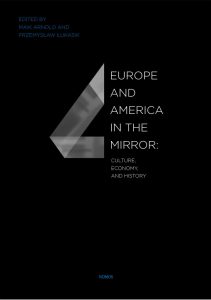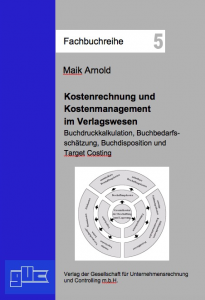Intercultural Competence at the University of Cooperative Education in Saxony

As part of the boundary-crossing transformations in the education sector forced by the Bologna Reform and increased needs for (re-) accreditation intercultural communication and competence has become an acute issue for the development of study programmes at the University of Cooperative Education in Saxony (Berufsakademie Sachsen). Within the tertiary education sector this academic institution awards Bachelor of Arts degrees, mainly in the field of economics, engineering and social work and with high relevance for professional practice (so-called dual training). An “Additional Qualification of Intercultural Competence” will from now on contribute to the improvement of quality in teaching and learning along with an implementation of a transferable study module at all campuses of the university. After successful evaluation at the campus Breitenbrunn the mentioned qualification will eventually be implemented at six campuses of the University of Cooperative Education.
Intercultural competence is an integral learning item and objective in the curriculum. After successful completion of the programme students are enabled to understand, reflect and analyse intercultural encounters and cultural differences in perception, thinking, feeling, judgement, action, etc. with regard to their own and other cultures. The module imparts to students not only profound knowledge of other cultures, countries and living and working conditions, but also provides training for various occupational situations, especially such of uncertainty, stress or conflict. Last but no least, students are enabled to apply cultural knowledge to complex issues in professional practice and to link such knowledge with other academic fields and disciplines.











